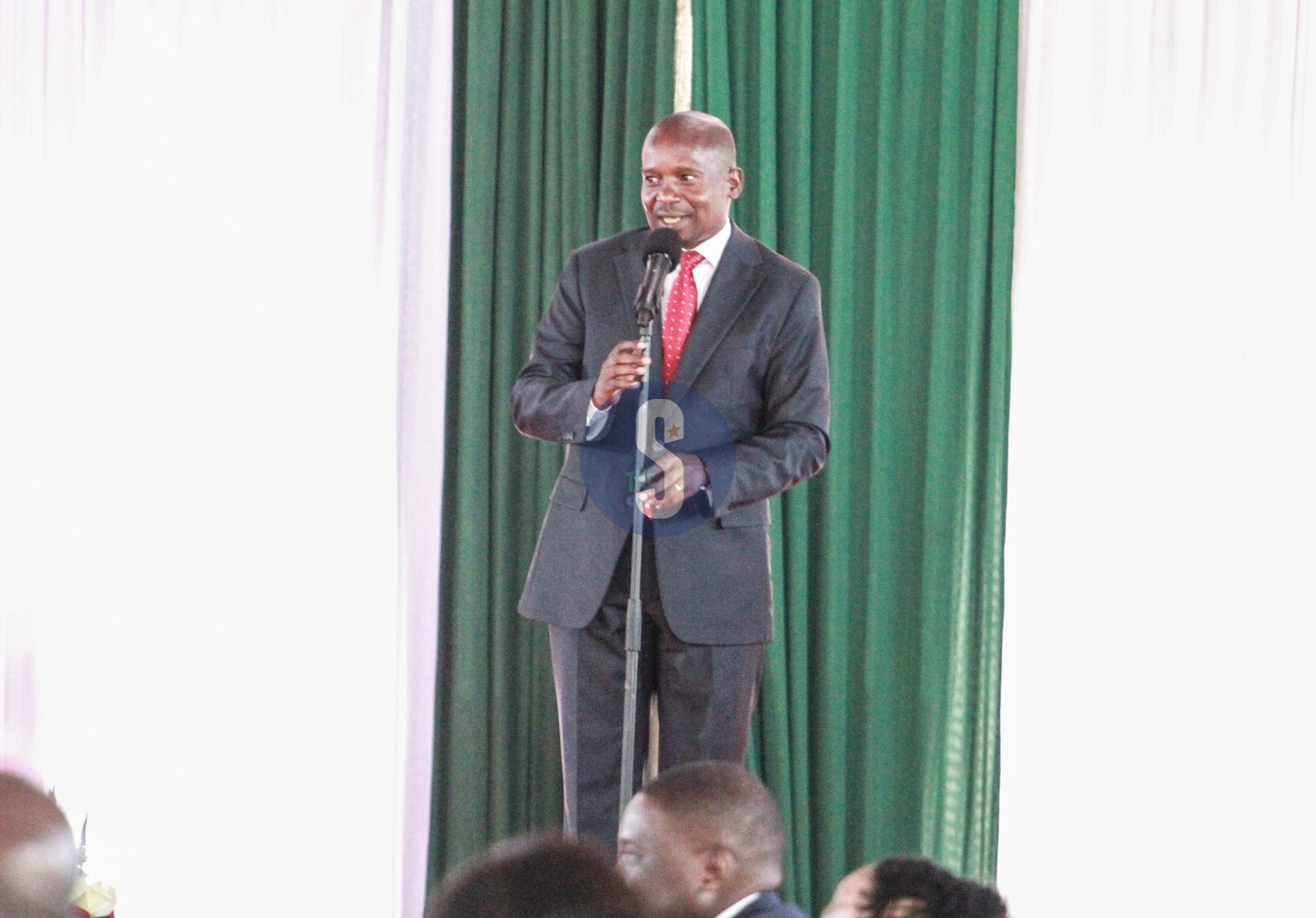

Deputy President Kithure Kindiki has called on youths to have respect for authority and the elderly even if it is because of their age.
Speaking at the National Prayer Breakfast on Wednesday, Kindiki said they must also allow themselves to be mentored by those who have more experience in life.
He insisted that through mentorship, and with the power young people have, they can lead more powerful lives.
The DP said that no school can teach such skills.
“We respectfully request our children to respect authority and also agree to be mentored and supported so that mutually, even as we respect them, hear them, apologise, they should equally respect older people even if not for any other reason. There are things you will only learn in the school of life.
“As much as we agree with the need for us to reconcile and build relations with our children we request our children to also realise there is a role we can play not necessarily by science or the things they know but a few tips that could make their powerful lives more powerful,” Kindiki said.
His remarks followed preacher and former NFL star Rickey Allen Bolden, who said that Gen Zs want to be loved and treated like adults they are.
Rickey who was the chief guest of the day, insisted that these young people are dying to be respected, giving an example of his own children.
“Gen Z are dying to be love, they are dying to be respected. They have grown up, gone to college. Some of the Gen Zs are smarter than we are... One of the worst things that can happen for a Gen Z is to treat them like children,” he said while preaching at the prayer breakfast.
Kindiki on his part described Rickey’s message as inspiring.
He also acknowledged that in one way or another parents could have contributed to the recent behaviors being exhibited by young people.
The Deputy President, however, noted that despite this, respect must come first.
“The message of today's speaker was quite inspirational and perhaps as older people we need to treat our children who are now adults a little more respectfully, listen to them and where we go wrong there is no harm in acknowledging that we've not treated them maybe the way they expected us.”











![[PHOTOS] Ruto inspects his Naivasha farm](/_next/image?url=https%3A%2F%2Fcdn.radioafrica.digital%2Fimage%2F2025%2F06%2F72a14e8a-a040-48e1-87b3-597dbca6d7c6.jpeg&w=3840&q=100)

